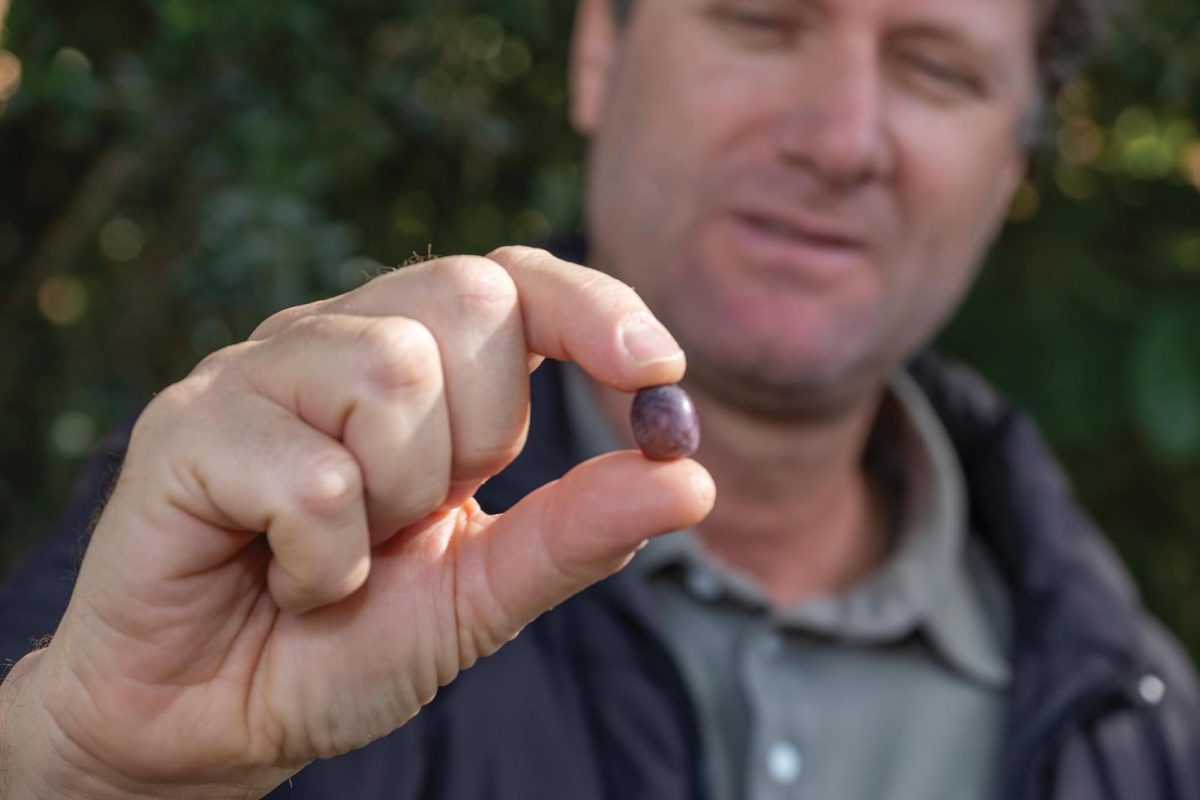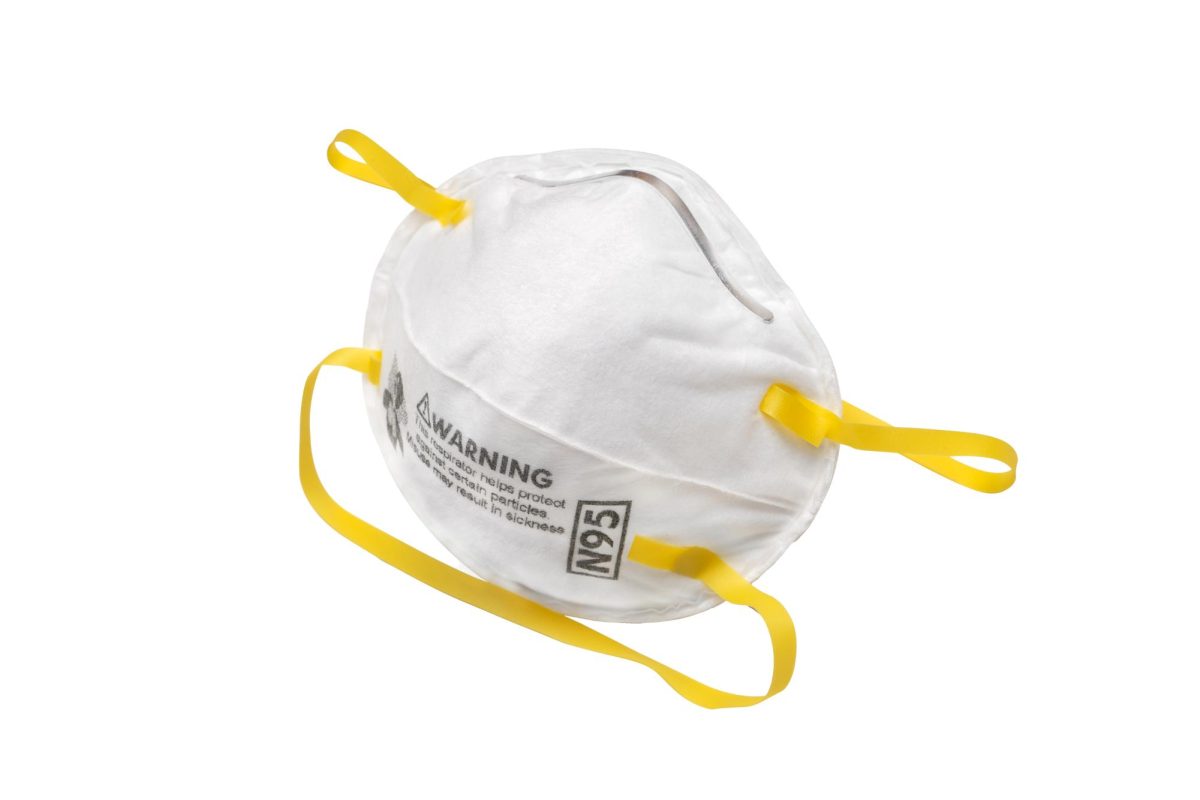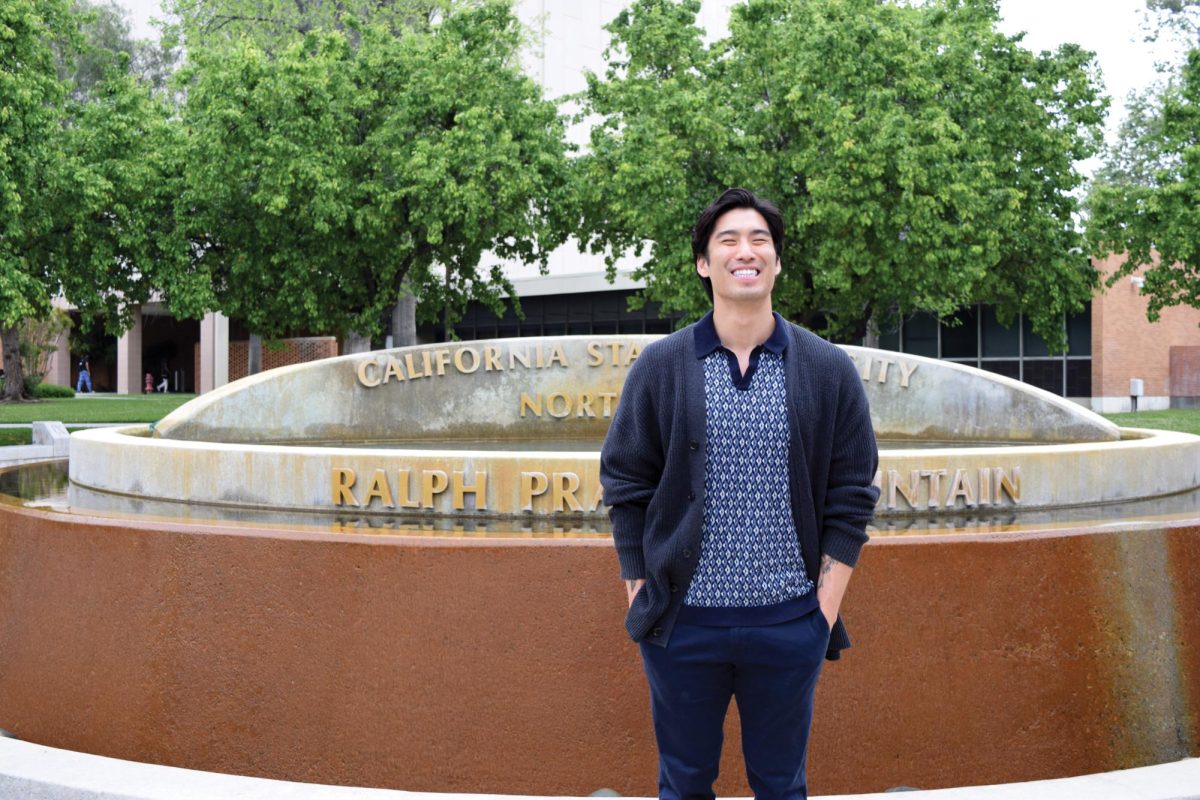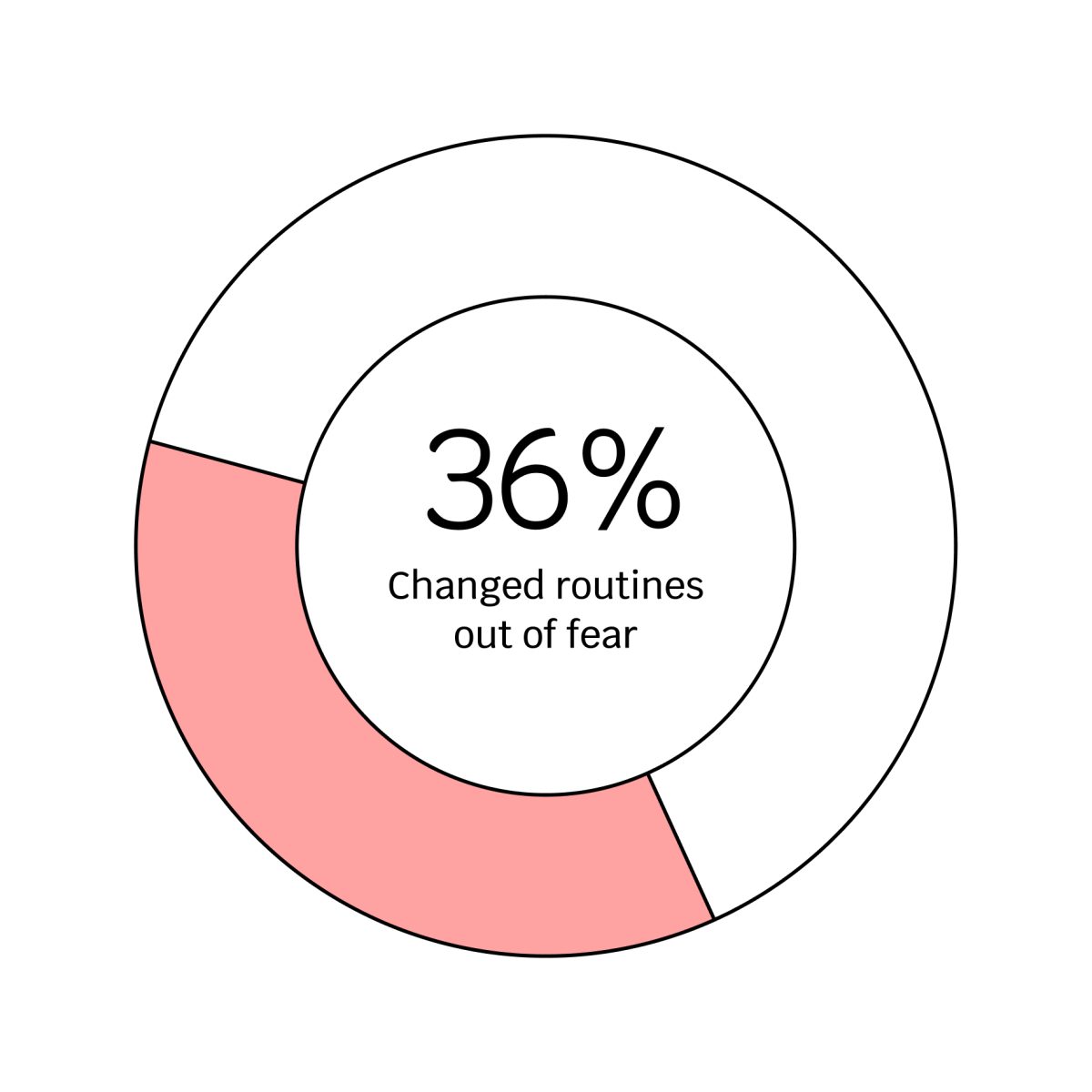Whether it was growing coffee beans in Colombia or teaching at California State University, Northridge, professor Mario Giraldo has always raised environmental awareness.
Giraldo has more than 20 years of work experience relating to environmental science and sustainability, particularly using geographic information systems and remote sensing to analyze suburban landscapes.
At CSUN, Giraldo has been developing educational opportunities for students to understand and connect with their surroundings. He shared his thoughts about the environment, adding that education is the first step to sounding the alarm of a running ecological clock, ticking to the sound of doom.
Q: What got you interested in the environment?
A: Early on, I was exposed to the mountains in Colombia. I spent my days walking and hiking trails across agricultural fields, but I was also surrounded by natural areas like forests.
In college, I studied agricultural engineering, specializing in bringing technology to farmers. I took a course on agricultural ecology, a discipline developed at the University of California, Davis. The university was offering the course, and I became interested in producing food for humans while simultaneously making sustainable management of the natural environment.
I think it was a fantastic link for me, really expanding my perspective on sustainability. After all, sustainability is about social justice, equal opportunities for people, prosperity and developing rational use of natural resources.
This holistic approach really got me started. I’m also coming from coffee. I am the fourth generation in my family of local coffee growers. So, I started a coffee experiment on campus with a colleague.
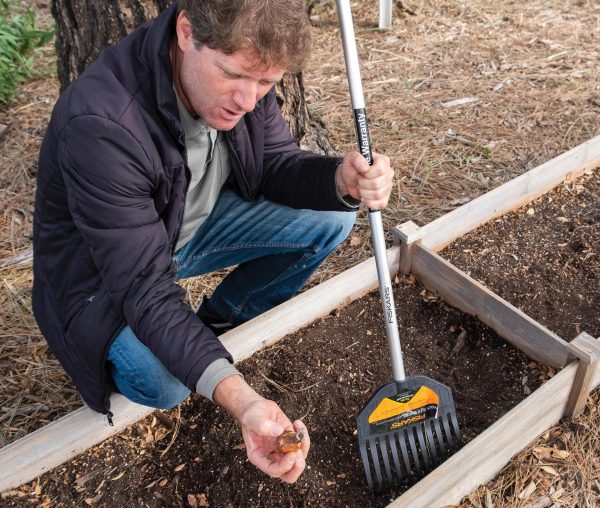
Q: Can you explain what that coffee project was about?
A: A former colleague and I were looking at a project in Whittier College. The project was trying to see if they could integrate all the productive changes of coffee here in Southern California.
The only missing link was how to grow the coffee, and those involved with the project were able to actually grow the plants. My colleague knew I was a coffee grower, so we wanted to test that idea.
It was still in the experimental phase and needed funding. My colleague passed away, and now the project is on the back burner. But that’s basically how we started to try to integrate all the food, all the economic changes in the business chain, from producing the coffee beans all the way to selling the drink.
Q: In terms of growing your own produce, do you think that’s something that more people will eventually have to do?
A: Yes. The tradition of kitchen gardens goes back all the way to colonial times. And it’s very embedded in our Latino heritage. Also, this is the very first generation that grows fully urbanized.
This has never happened before. Even I had some exposure to farming and nature. So, from that perspective, there is a long tradition of growing. You see parents and grandparents inclined to grow plants; it gives them a connection to their roots, culture, family, feelings, emotions, and their childhood memories.
In the United States, liberty gardens were promoted by the government during the time of hardship. These gardens taught people to be self-reliant — there was no guarantee of supply in the supermarkets. This is still a possibility today.
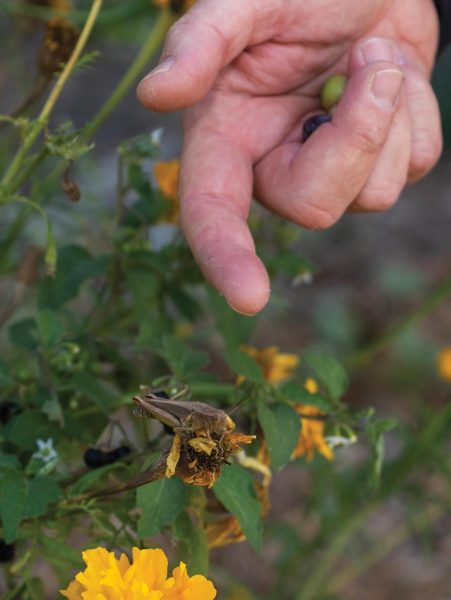
Q: How much does the urban environment play into how plants are being grown right now?
A: So, California has an abundance of fertile soil, sunlight and the right temperature.
Once you fix the problem of water, the possibility to provide a lot more food in cities will be greater. For instance, having more native vegetation is important to reduce our high levels of carbon dioxide.
I have been working to integrate native vegetation at CSUN. Now, this is not new or original. Los Angeles has been doing this for a while. So, there are societies all around us that are very interested in it.
Now, to decrease the heat island effect in the San Fernando Valley, we need to have more trees. So, we need to have a big call to action, because most of the natural environment that we have was set aside more than 100 years ago.
This generation needs to set aside land and start building then the next generation of Sepulveda basins, because the city is now in high demand. We are in the Valley, which has some parks, but they are very small compared with the residential area around us.
We need to enlarge our natural environment for our benefit.
Q: Do you think the stagnancy within the policy process has prevented us from slowing its effects?
A: Well, the environment has always been politicized. California, however, has been proactive for the most part. We have been successful in passing legislation, which has made our living conditions good.
The big challenge is at the national level; there are many states in which there is no political muscle and, therefore, the conversation fails to address all of the issues.
Now, business and economics are making a big difference in this political conversation. The state of Georgia had this big opposition against sustainability. However, when they started cranking the numbers, they realized that going green with their buses made a lot of sense from the perspective of maintenance.
So they started switching and they gathered grants, because it became a good business opportunity.
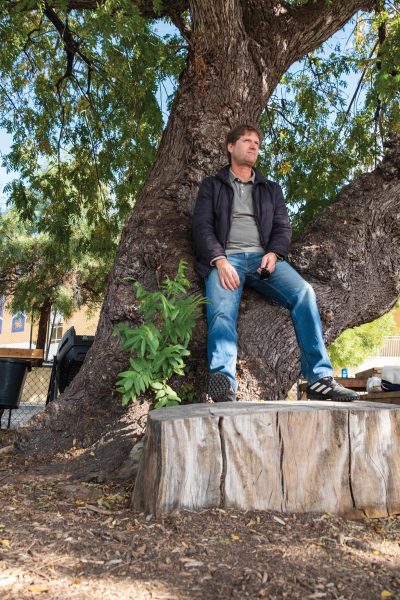
Q: Why do you think it’s important to start making holistic changes?
A: When I was in college, the conversation was all about saving the planet. Now it’s all about saving our lifestyle.
Life for vulnerable populations is going to be extremely challenging. It already is — now, imagine going to school here in the Valley and not being able to leave the classroom because the temperatures outside are over 100 degrees, extending from May to November.
The environmental world right now is very concerned about keeping our lifestyle, keeping our society functioning the way that we are used to it.
Q: In recent years, there has been this alarm that time is running out — what are your thoughts on that?
A: Tools of modern science allow us to do what in the old days were designated to witchcraft or sorcery. Data science can give us knowledge on how the physical environment will behave. Using well-collected and accurate data, we can only predict how the future could be.
Do you see birds in your garden? Do you see lizards or butterflies? You better take pictures of them because your children may not see them.
There is no doubt that your generation will be having a very hard time enjoying biodiversity, because a lot of the animals and insects will be extinct by the time you start making enough money and enjoying the good things in life.
Many of the forests I grew up in are completely gone. We have transformed the planet, and not necessarily for the best of it.
So, the forecast is happening and it’s alarming.
